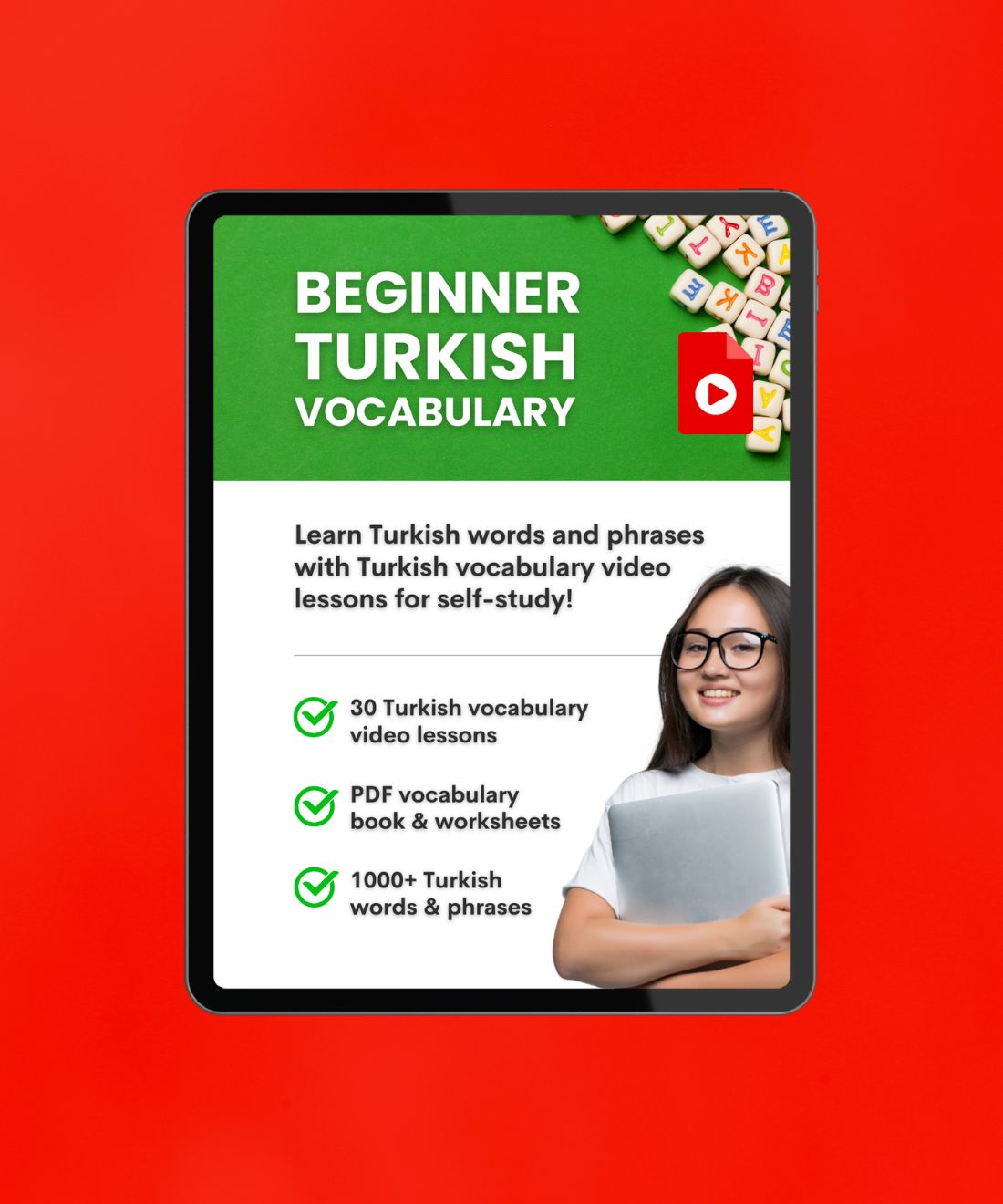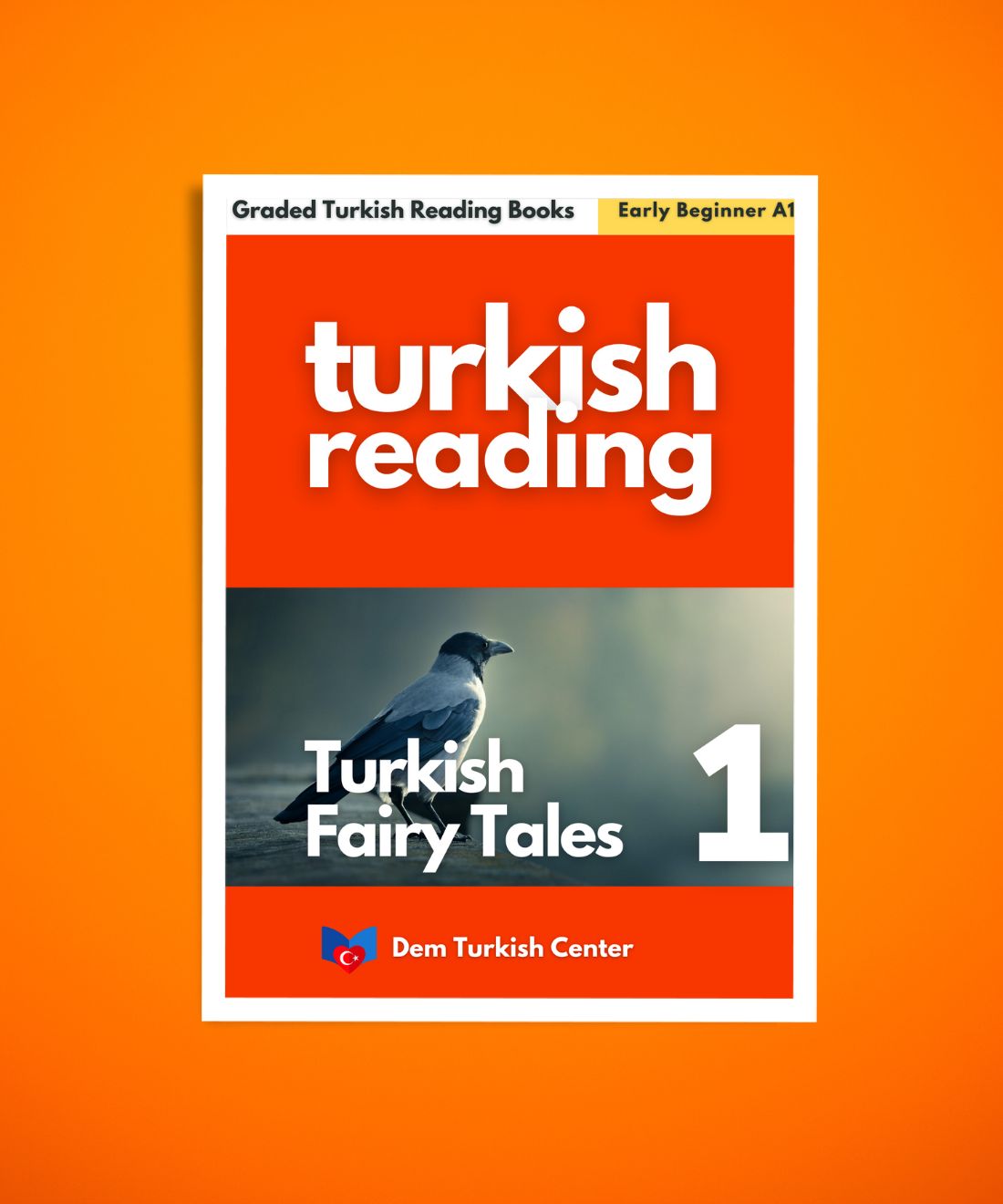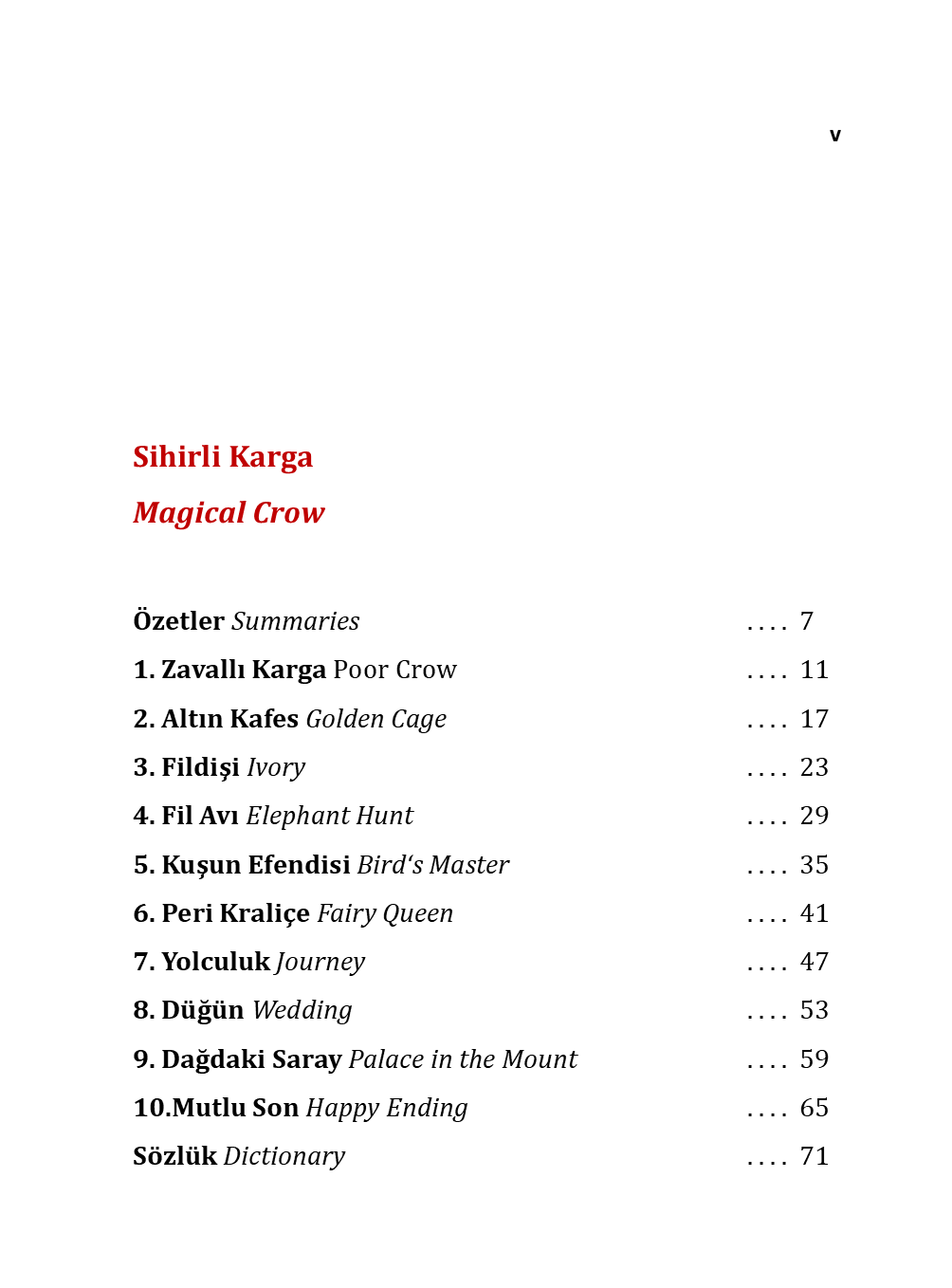
Confused Words in Turkish
Learn the most confused words in Turkish language.
The Turkish language, like all the languages, is full of confused words that look and sound alike but are spelled differently. There are also words that share similar meanings that are easy to misuse. Below are some of the most commonly confused words in Turkish.
Most common confused words in Turkish:
Learn Turkish yourself with Dem Turkish Center!
Alışmak & Alışık olmak
The verb "- e alışmak" is "To get used to". For example:
- Ben ona alıştım. I got used to it.
- Ben İstanbul'a alıştım. I got used to Istanbul.
- Ben İstanbul'da yaşamaya alıştım. I got used to living in Istanbul.
Sen neye alıştın? What did you use to?
Sen ne yapmaya alıştın? What did you use to doing?
The verb "-e alışık olmak" is "To be used to". For example:
- Ben ona alışığım. I'm used to it.
- Ben İstanbul'a alışığım. I'm used to Istanbul.
- Ben İstanbul'da yaşamaya alışığım. I'm used to living in Istanbul.
Aşık olmak
"Aşık olmak" is used as both "To be in love & To fall in love". For example:
- Ben sana aşığım. I'm in love with you.
- Ben sana aşık oldum. I have fallen in love with you.
Sen aşık mısın? Are you in love?
Sen hiç aşık oldun mu? Have you ever fallen in love?
Bitmek & Bitirmek
The verb "Bitmek" is "To finish", "Something finishes." There is no person. The person / subject is what is finished, completed. For example:
- Proje bitti. The project has finished / completed / is over.
- Ders bitti. The lesson has finished / is over.
Ne bitti? What has finished?
The verb "Bitirmek" is "to finish", "Somebody finishes something". There is a person who finishes something. For example:
- Adam projeyi bitirdi. The man finished the project.
- Öğretmen dersi bitirdi. The teacher finished the lesson.
Sen neyi bitirdin? What did you finish?
Bu & Bunu
"Bu & Bunu" is "This" in Turkish. The difference is, "Bu" is the subject, "Bunu" is the object of the sentence. For example:
- Bu bir araba. This is a car.
- Ben bunu istiyorum. I want this.
Değişmek & Değiştirmek
The verb "Değişmek" is "To change", "Something changes." There is no person. The person / subject is what is changed. For example:
Plan değişti. The plan has changed.
The verb "Değiştirmek" is also "to change", but "Somebody changes something". There is a person who changes something. For example:
Adam planı değiştirdi. The man changed the plan.
Ne değişti? What has changed?
Sen neyi değiştirdin? What did you change?
Dinlemek & Dinlenmek
The verb "Dinlemek" is "To listen". For example:
Adam müzik dinliyor. The man is listening to music.
The verb "Dinlenmek" is "To relax, rest". For example:
Adam evde dinleniyor. The man is resting at home.
Ekmek
This word is "Bread" in Turkish. It is also "To plant" as a verb. For example:
- Ben bir ekmek istiyorum. I want a loaf of bread.
- Ben bir çiçek ekmek istiyorum. I want to plant a flower.
Getirmek & Götürmek
The verb "Getirmek" is "To bring". The verb "Götürmek" is "To take something / somebody to a place". For example:
- O eve bir çanta getirdi. He brought a bag to the house.
- O beni hastaneye götürdü. He took me to hospital.
Sen ne getirdin? What did you bring?
Sen onu nereye götürdün? Where did you take him?
İmrenmek & Kıskanmak
The verb "İmrenmek" is "To envy". The verb "Kıskanmak" is "To be jealous". For example:
- Ben sana imreniyorum. I envy you.
- Ben seni kıskanıyorum. I am jealous of you.
Sen kime imreniyorsun? Who do you envy?
Sen kimi kıskanıyorsun? Who are you jealous of?
Karşı
The word "Karşı" is "Towards, against". Fo example:
- Ben denize karşı oturdum. I sat towards the sea.
- Ben savaşa karşıyım. I am against war.
The verb "Karşılamak" is "To meet (welcome someone at an airport etc)". For example:
Ben Ali'yi havaalanında karşıladım. I met Ali at the airport.
The verb "Karşılaşmak" is "To come across, run into". For example:
Ben pazarda Ali ile karşılaştım. I ran into Ali at the market.
The verb "Karşılaştırmak" is "To compare". For example:
Ben İstanbul ile İzmir'i karşılaştırmak istemiyorum, çünkü ... I don't want to compare Istanbul to Izmir, because ...
Olmak & Ölmek
The verb "Olmak" is "To be, become, happen". The verb "Ölmek" is "To die". For example:
- Adam zengin oldu. The man became rich.
- Adam kazada öldü. The man died in the accident.
Sürmek
The verb "Sürmek" is both "To drive, ride" and "To take, last (time)". For example:
- O bir araba sürüyor. He is driving a car.
- İstanbul'dan Ankara'ya kaç saat sürüyor? How many hours does it take from Istanbul to Ankara?
Tatil & Tatlı
The word "Tatil" is Holiday, vacation". The word "Tatlı" is "Sweet, dessert". For example:
- O tatil yapmak istiyor. He wants to take a vacation.
- O tatlı yapıyor. He is making a dessert.
Vardı
The word "Vardı" is "There Was / Were & Had". The verb "Varmak" is "To arrive". The past form of this verb is "Vardı (Arrived)". For example:
- Benim bir evim vardı. I had a house.
- O İzmir'e vardı. He arrived in İzmir.
Yedi
The word "Yedi" is "Seven". The past form of the verb "Yemek" is also "Yedi (Ate, eaten)". For example:
- Odada yedi kişi var. There are seven people in the room.
- O bir sandviç yedi. He ate a sandwich.
Yemek
This word is both "Yemek = To eat" and "Yemek = Meal, cooked food". For example:
- O yemek yapıyor. He is making food.
- O yemek yiyor. He is eating food.
Learn Turkish yourself with Dem Turkish Center!
BECOME A DEM TURKISH CENTER MEMBER!
Thanks for your interest and visiting Dem Turkish Center bookstore. We hope our Turkish language courses and lessons will be helpful for your Turkish studies.












